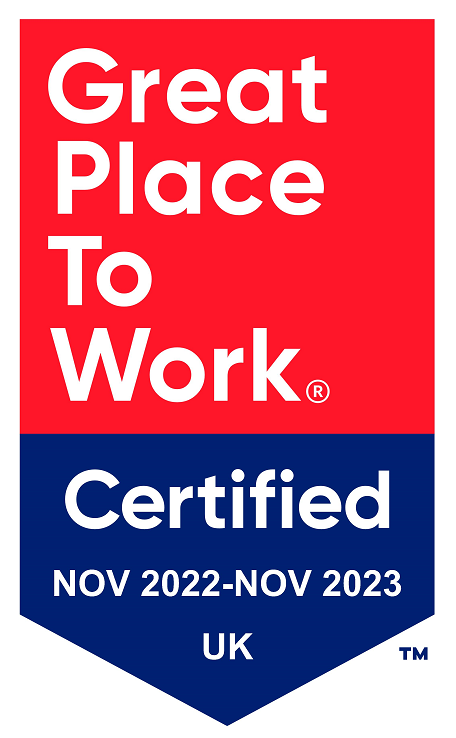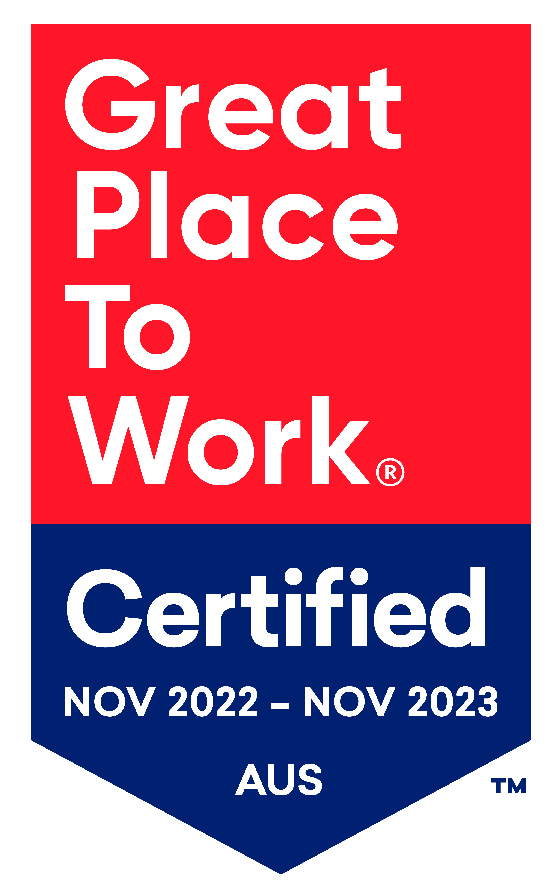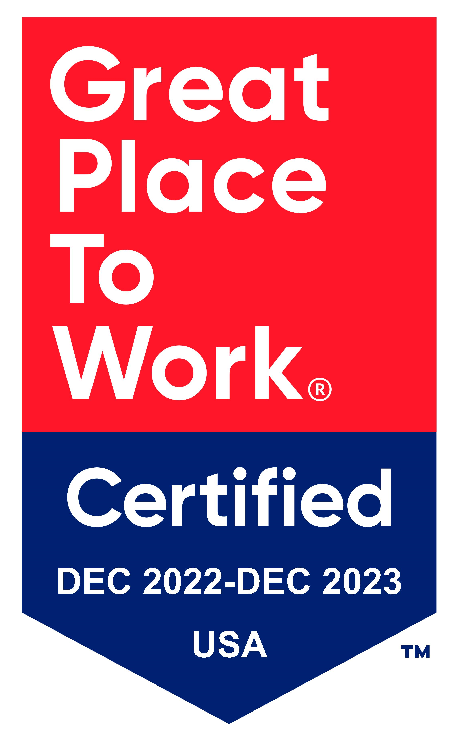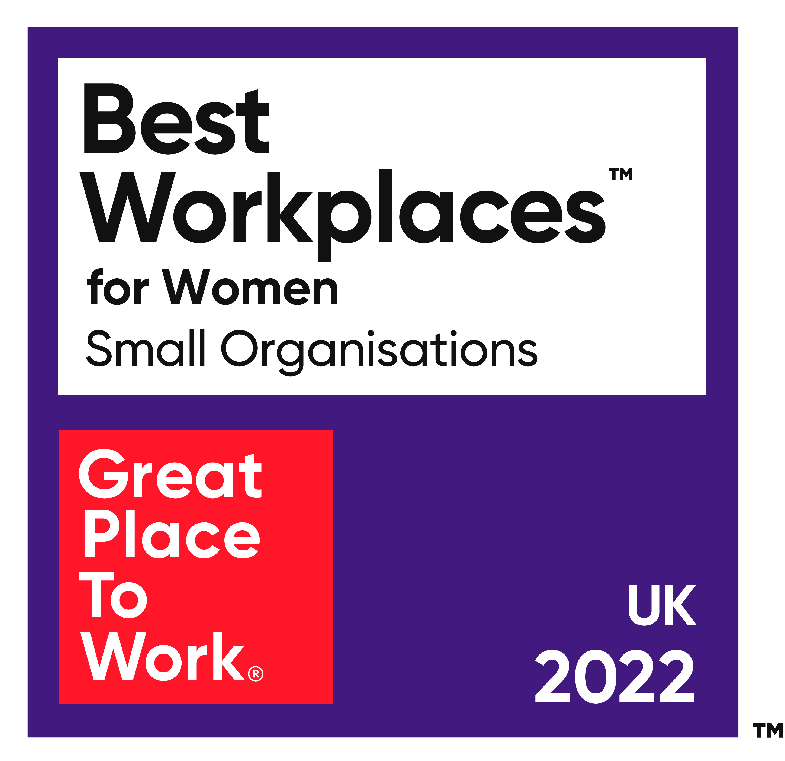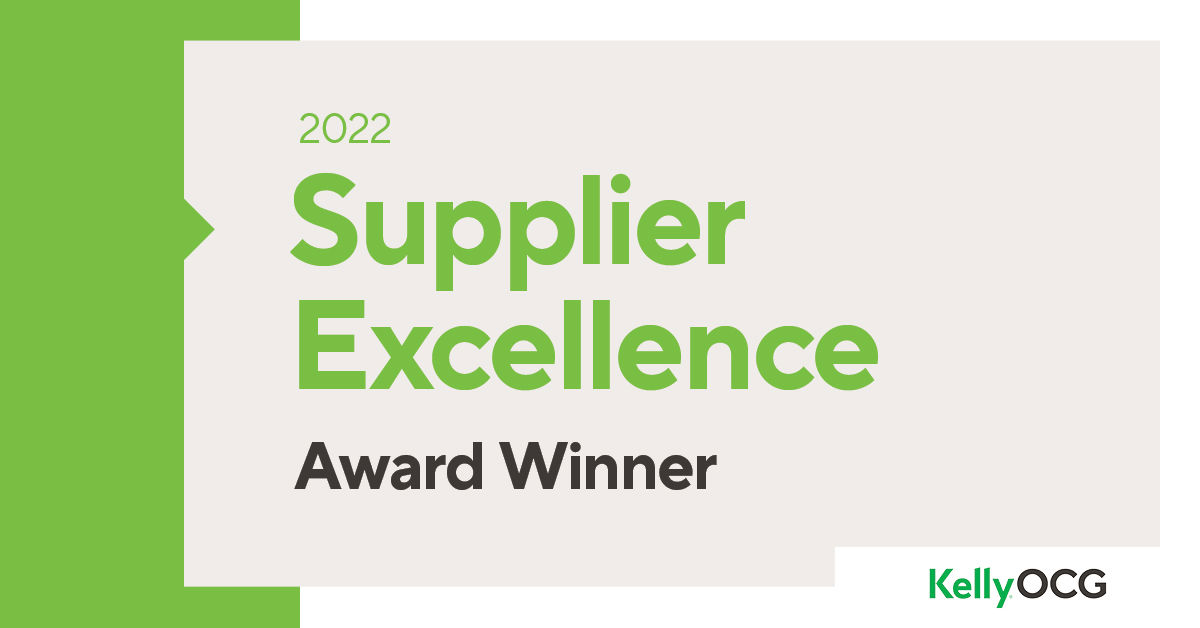Sector
Drug Development.
Lets work together.
About Drug Development.
The Pharmaceutical industry develops, produces, and markets drugs or pharmaceutical licenses for use as medications. The average pharmaceutical company is generally split into three key focus areas:
- Research & Development
- Manufacturing
- Sales & Marketing.
The pharmaceutical industry is strictly regulated, with laws limiting prices, profit margins and promotion of products. Regulatory authorities keep a watchful eye on research and on the marketing of new and existing drugs.

The Pharmaceutical Industry.
Sponsor Companies.
Pharmaceutical companies are often referred to as “Sponsor Companies” because they are ultimately funding (sponsoring) the cost of the development of the new drug. Other types of Sponsor companies are Biotechnology companies which develop biological compounds to create new medicines and Medical Devices companies which develop instruments/apparatus used for medical purposes.
At i-Pharm we serve the world’s leading Sponsor Companies, across pharmaceuticals, biotechnology and medical devices, working consistently with many for more than a decade.
Services Companies.
There is a strong trend for “outsourcing” in all areas of the pharmaceutical sector. Large parts of work (in both Drug Development, Manufacturing and Sales & Marketing) are often outsourced to service companies.
Sponsor companies will outsource work to Service companies because they believe they can do the work more efficiently and in a more cost-effective way than doing it in-house.
Contract Research Organisations (CRO’s).
CROs are companies that provide support to the pharmaceutical, biotechnology and medical device industries in the form of research services outsourced on a contract basis. These CROs will bid to win projects with Sponsor Companies and will take on all or part of the R&D process relating to a specific drug in development.
Some CROs are “full service”, meaning that they can take on projects covering all functional areas of R&D. Some CROs are functional area specific – for example focusing on a specific area such as Clinical Operations or Biometrics.
Other Services Companies.
Other types of Services Companies include Contract Manufacturing Organisations (CMOs) which specialise in pharmaceutical manufacturing, and Contract Sales Organisations (CSOs) which specialise in pharmaceutical sales & marketing.
i-Pharm has an extensive track record of successfully supporting many of the world’s leading CROs, CMOs and CSOs with their hiring needs across our 6 core specialist areas.
Drug Development Process.
The drug development process is designed to ensure that innovative new medicines are effective, safe and available to patients in the shortest possible time.
The first step in drug development is to discover the best targets for treating or preventing a disease. Discovering and bringing one new drug to the market typically takes an average of 14 years of research and clinical development efforts.
Clinical Development.
Clinical Trial Programmes consist of several phases, each of which is focussed on evaluating drug safety and effectiveness, or efficacy.
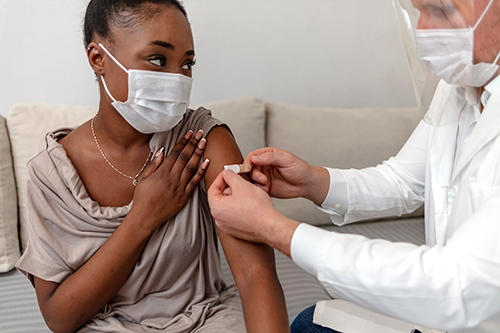
Phase I
The drug is usually tested in healthy volunteers to determine its safety and pharmacokinetics.

Phase II
The drug is given to a group of 100 – 250 patients with the disease to evaluate its efficacy and to determine the optimal dose. In addition, the safety of the drug and its side effects are evaluated, as these may be different in patients compared to the healthy volunteers tested in Phase I.
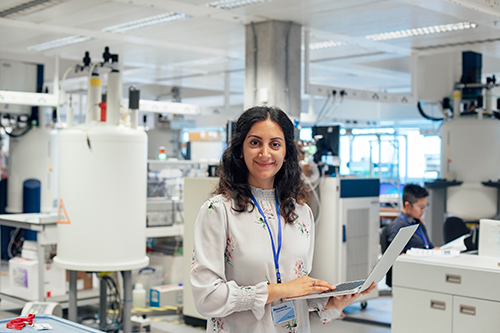
Phase III
1,000 – 3,000 (sometimes more) patients are recruited for research with the investigational drug. Phase III Clinical trials are undertaken to confirm the effectiveness of the new drug, monitor side effects, compare to established treatments and gather additional information to allow the drug to be used safely.

Phase IV
Also known as post-marketing surveillance trials involving safety surveillance (pharmacovigilance) and ongoing technical support after approval.
Regulatory Approval.
To bring a new medicine to market every new drug needs to be registered by the health authority. Data from all clinical trials are compiled including efficacy and safety data to report the final intended use of the drug. The Dossier is then customised for different regions and countries around the world to meet the requirements of health authorities.
This is a crucial step to ensure that patients all over the globe can access the innovative medicines that have made it through the complex drug discovery and development process.

Manufacturing.
Pharmaceutical Manufacturing refers to the process of industrial-scale manufacture of pharmaceutical products and devices. This is done by Pharmaceutical, Biotech and Medical Devices Companies directly, as well as being outsourced to Contract Manufacturing Organisations (CMOs).
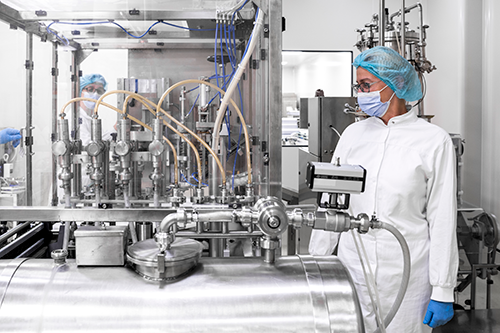
Sales and Marketing.
Pharmaceutical Sales & Marketing refers to the business of advertising or otherwise promoting the sale of Pharmaceuticals/Devices. Spending on Sales & Marketing far exceeds that of Research & Development. While Research & Development is usually confined to the company HQ (or at least to the regional HQ); Sales & Marketing activities usually happen across a network of international affiliate offices.
Only 2 countries globally allow “direct to user” advertising – the USA and New Zealand. This means that most marketing is done not to patients but to the medical profession who prescribe the drugs and increasingly to public health bodies who pay for the drugs.

Talent meets Opportunity.
Great recruitment requires a partner who understands and values your business like it is their own.
i-Pharm has been supporting clients and candidates across the Pharmaceutical, Biotechnology, Medical Device and CRO sectors around the world since 2008.
Our Specialisms.
We work across the Pharmaceutical, Biotech and MedTech sectors, with a particular focus on the following specialist areas of drug development.
Biometrics
We are specialists at recruiting talent in the Biometrics space, supporting the leading global CROs, Pharmaceutical and Biotechnology companies with sourcing Biostatisticians, Statistical Programmers, Clinical Data Managers and SAS Programmers.
Clinical
Clinical Operations is at the heart of what we do. We support some of the world’s largest CROs and Bio-Pharma companies sourcing Clinical Research Associates for international clinical trials across Phases I to IV.
Commercial
Our experienced Commercial Recruitment Teams support the leading CROs, Pharmaceutical and Biotechnology companies with sourcing sales and marketing specialists in Account Management, Fields Sales, Medical Sales, Market Access and Business Development.
Medical & Scientific
Our specialist teams support the leading Pharmaceutical, Biotech, and Contract Research Organisations with staffing in the Medical & Scientific space, in areas such as Medical Affairs, Medical Writing, Drug Safety and specialist scientists.
Quality Assurance & Tech Ops
Our specialist Quality Assurance and Technical Operations teams focus on a broad range of roles across Good Manufacturing Practice (GMP), Good Clinical Practice (GCP) and Good Laboratory Practice (GLP), as well as Supply Chain, Logistics and a range of Engineering roles.
Regulatory Affairs
Our specialist Regulatory Affairs teams support the leading Pharmaceutical, Biotech, and Contract Research Organisations with staffing in the Regulatory Affairs space, throughout the whole product life cycle from research to approval, through to commercialisation.
